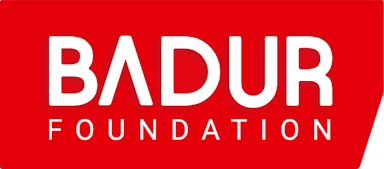
Summer camp programme 2026
Providing inclusive summer camp opportunities for vulnerable communities

Stitches in Time
Bringing people together through creative skills-learning projects

Supporting Fundraising Activities
Inner Fire Association: Empowering communities through education, skills, and culture

Contemporary Roma Art Space Association
Empowering Progressive Roma Art and Critical Dialogue

Cordelia Foundation
Enhancing financial sustainability in order to maintain and grow impact

Sunshine Co-operative
Creating a sustainable, local food system in Sunderland’s East End

Building Organisational Capacity
Strengthening support for disadvantaged young people in Nógrád County
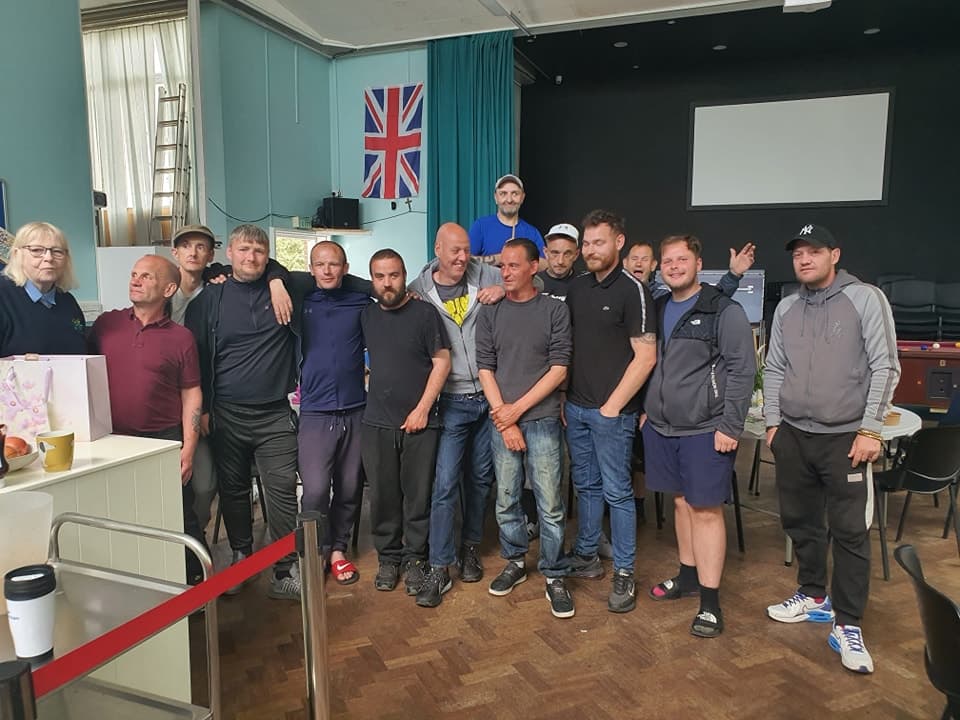
The Moses Project
Providing Hope and a Future in Stockton-on-Tees

Food Truck Pilot
Trialling the growth potential of a social enterprise
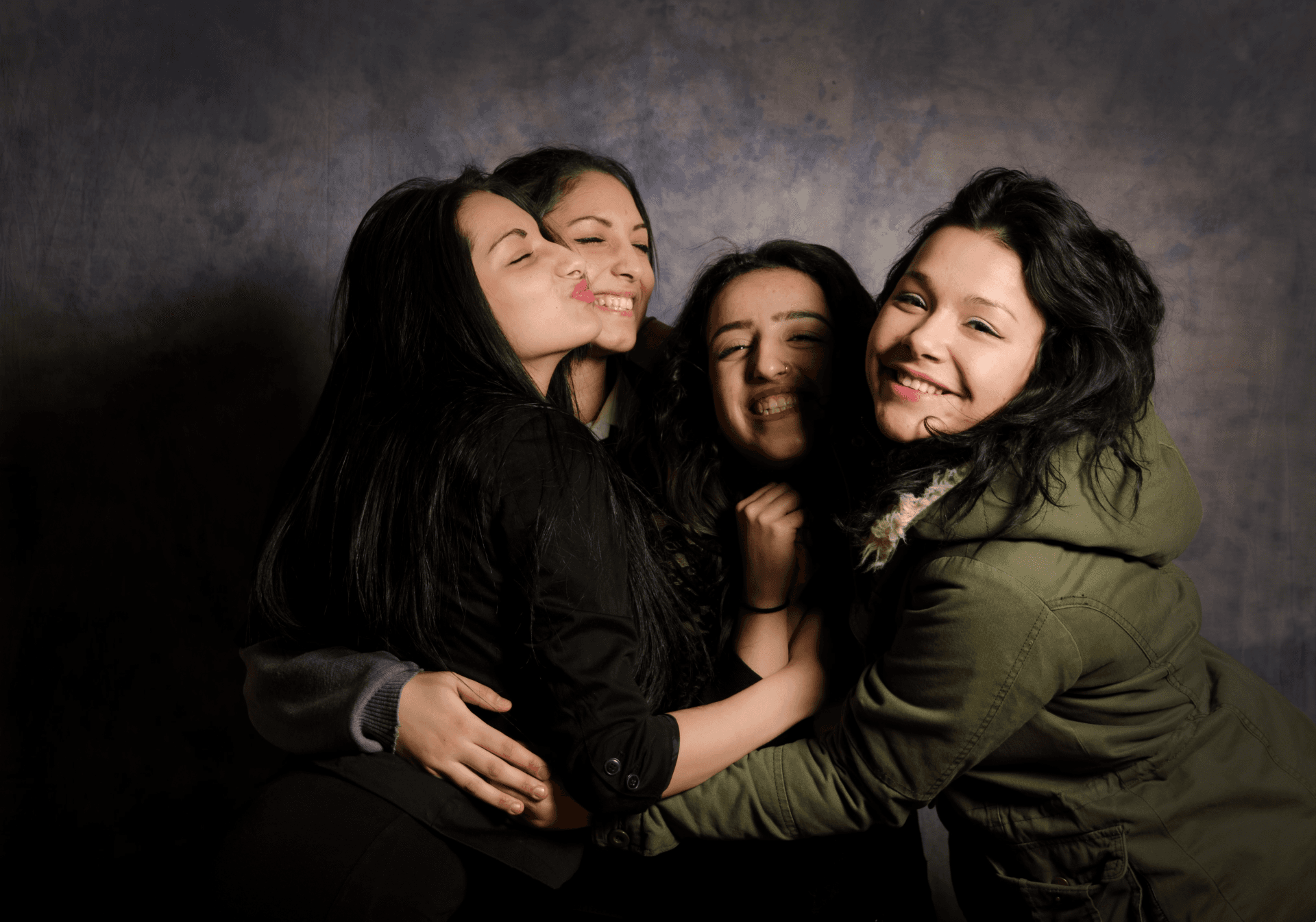
Open Clasp Theatre Company
Changing the World, One Play at a Time

From Streets to Homes Association
Peer mentoring programme
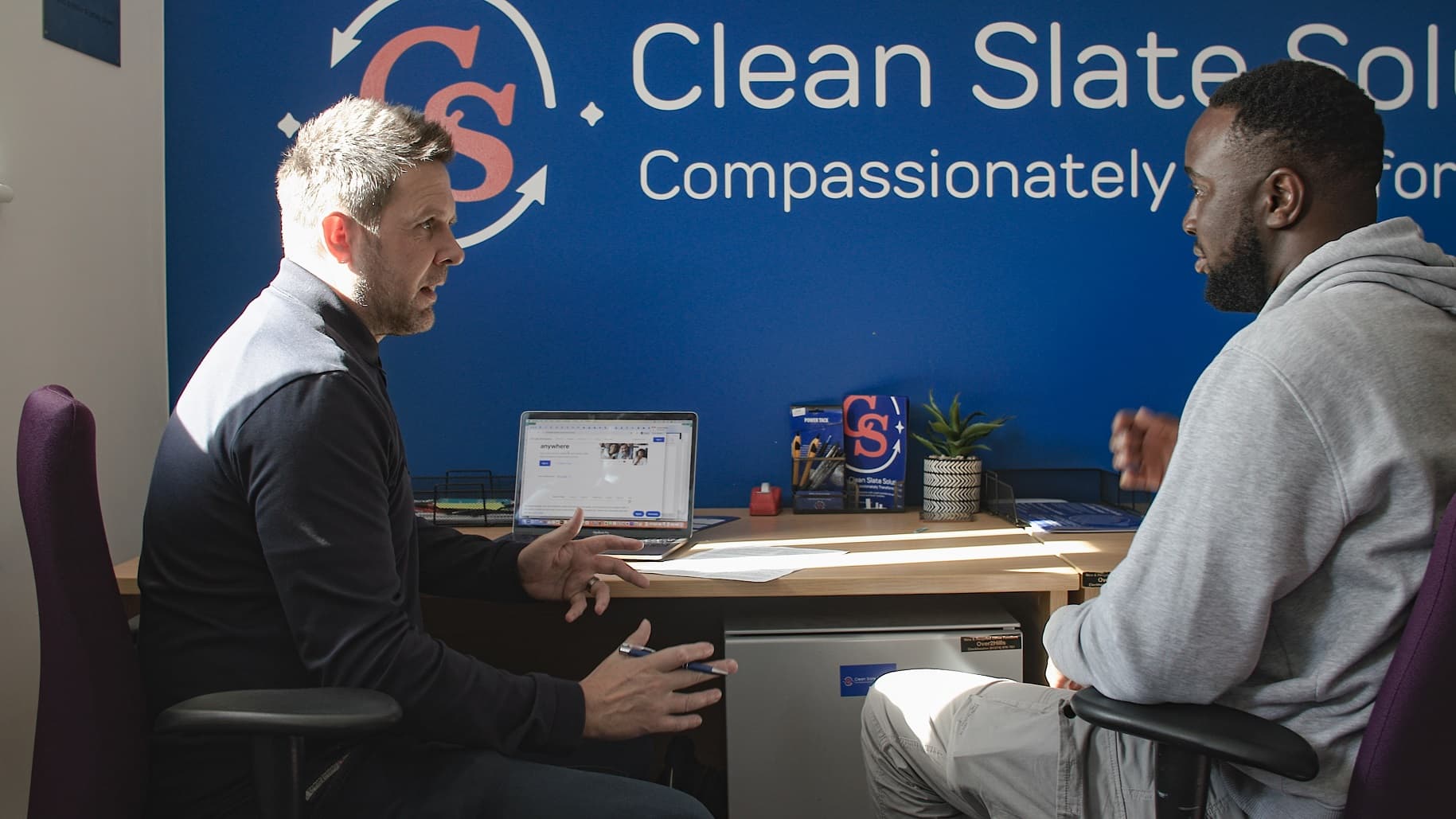
Clean Slate Solutions
Supporting people with a past conviction into paid employment

ART-RAVALÓ
Empowering Young Adults in Hungary's State Care System
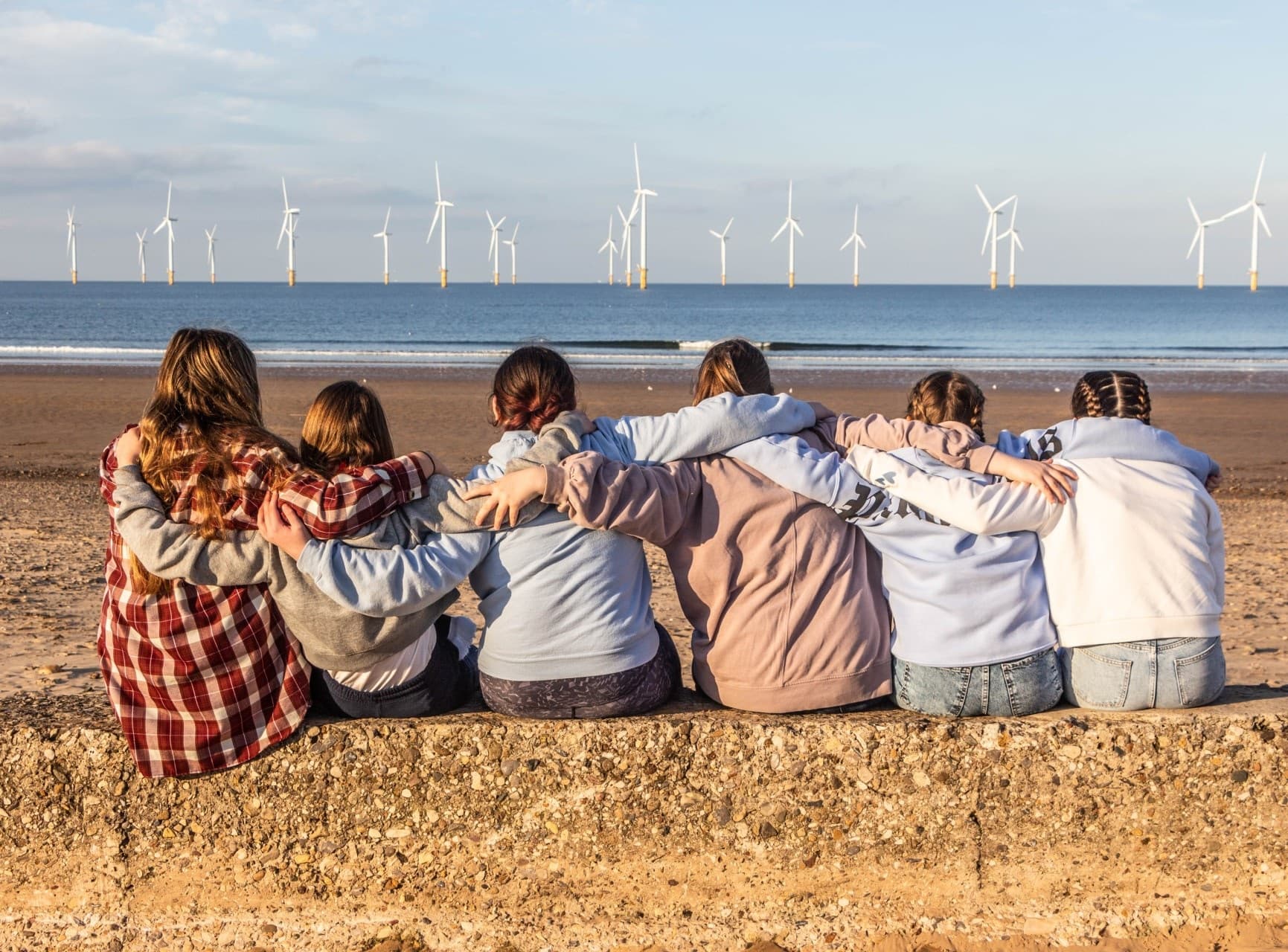
Rubies
Encouraging girls to discover their strengths and know their true worth
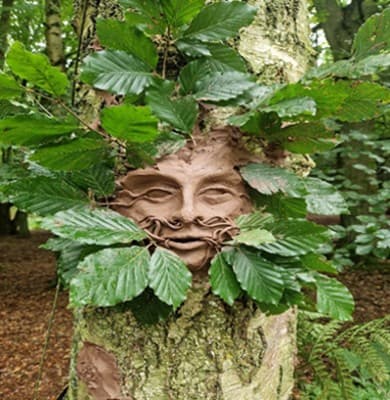
Tanga Club
Increasing access to nature for children with disabilities

Community Museum of Buddhist Art
Protecting cultural heritage and local traditions in Laos
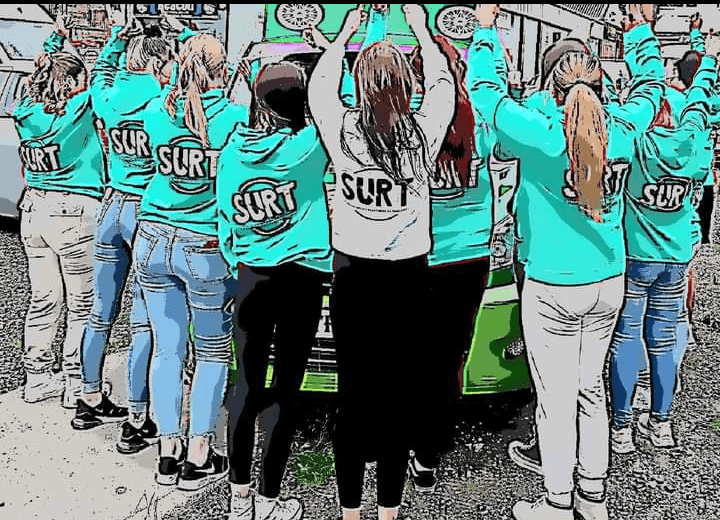
SURT
Stopping Unsafe Relationships Together in South Tyneside
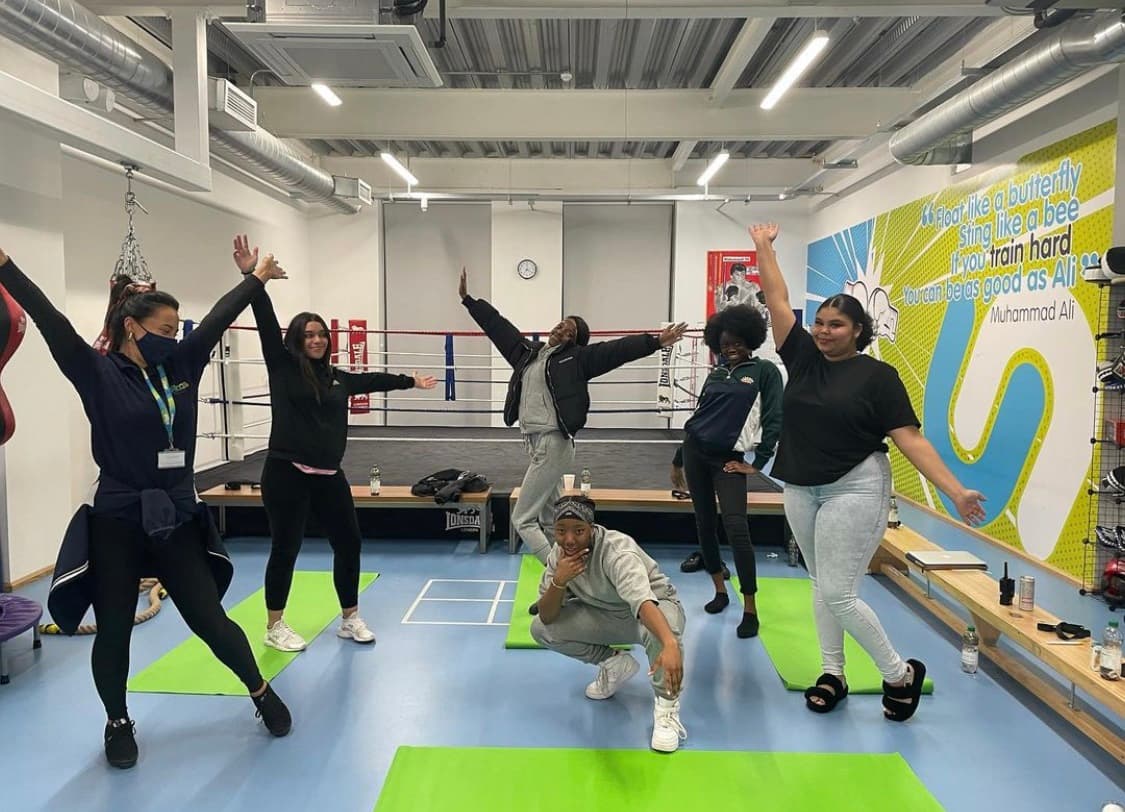
Youth Realities
On a mission to educate, empower and support young people
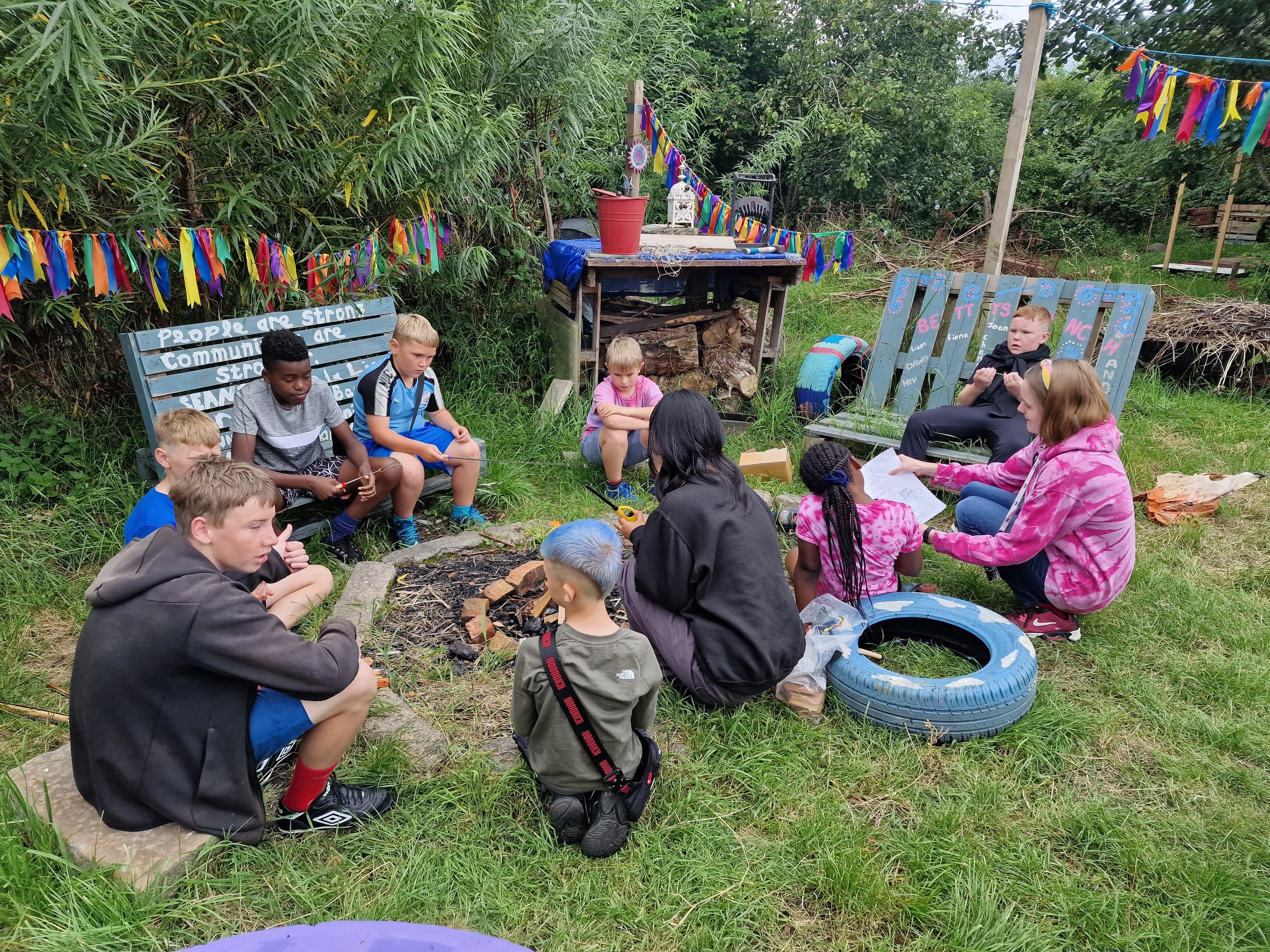
Projects4Change
Addressing the needs, voice and rights of young people
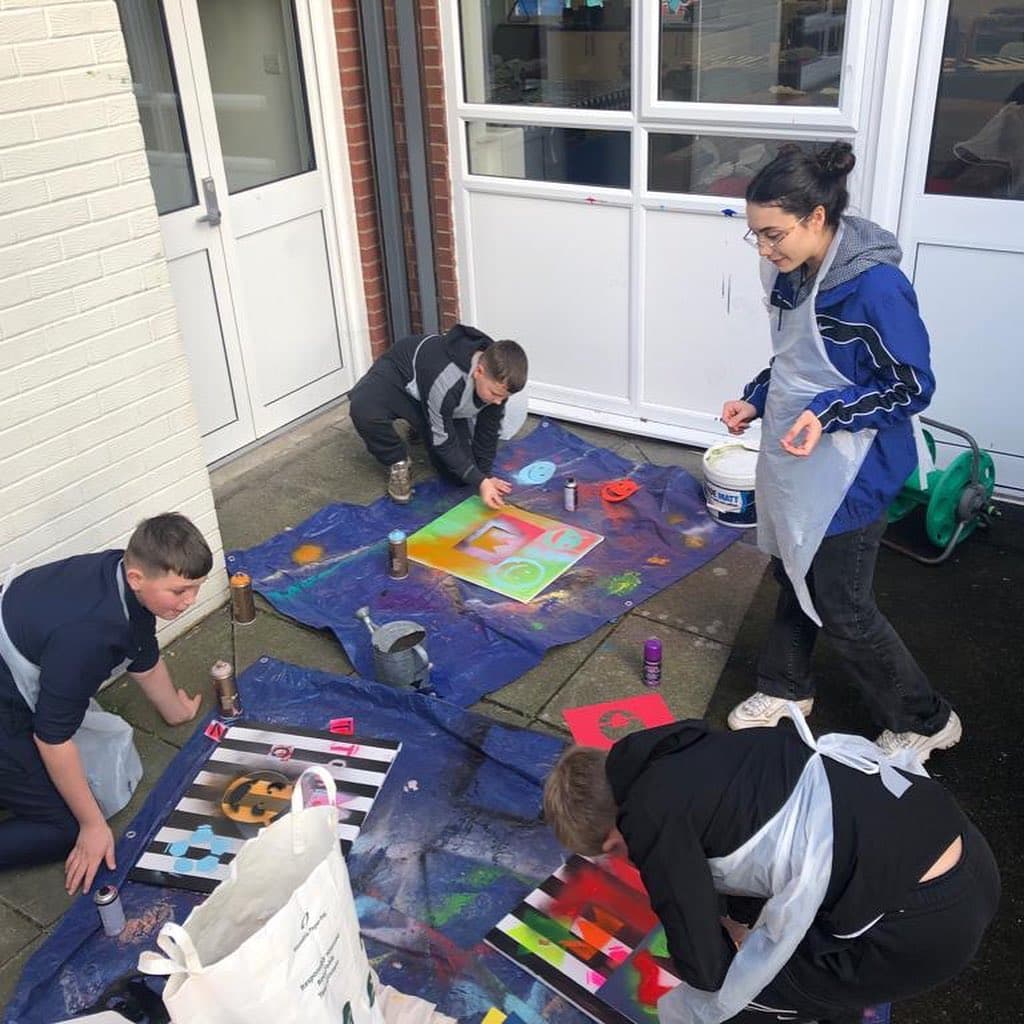
Foundation Futures
Helping young people find out what they can do instead of what they can’t
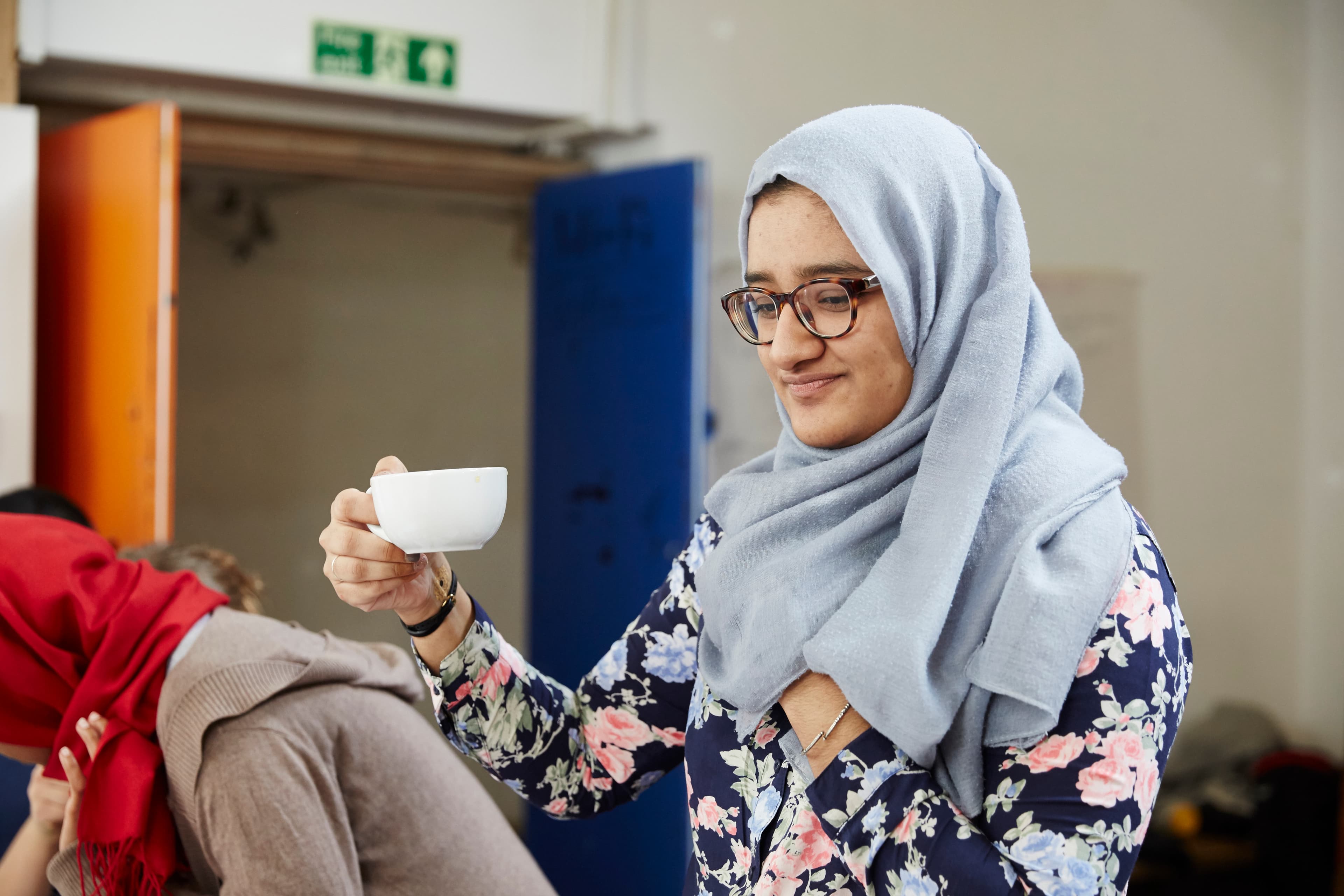
Well Grounded
Transforming lives through coffee
